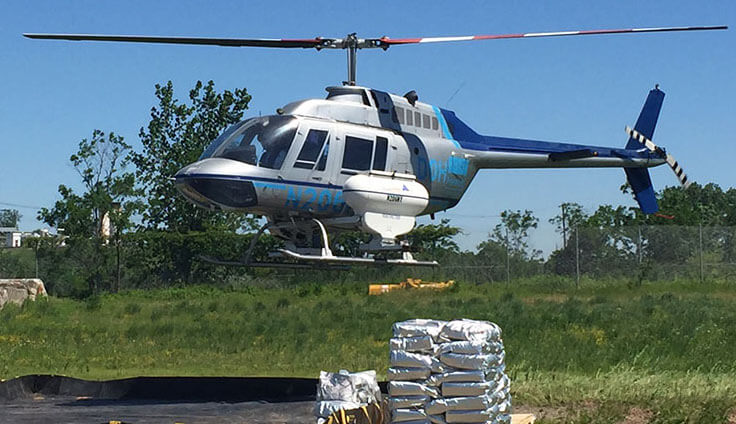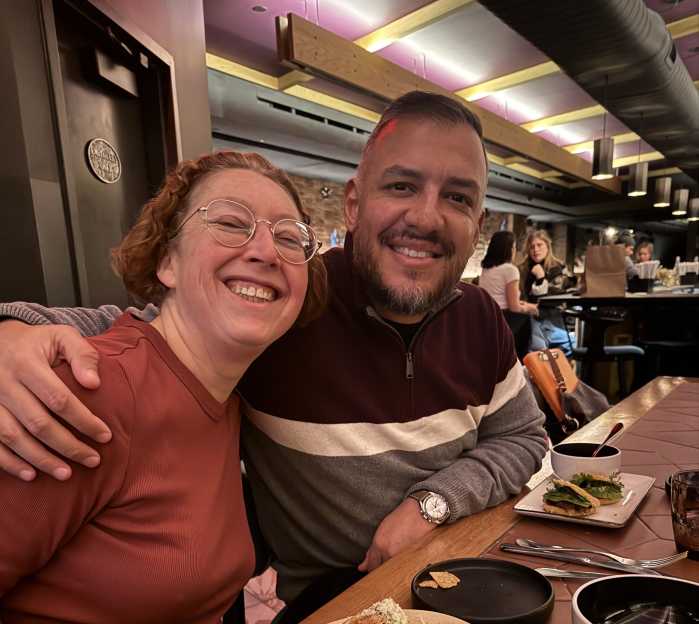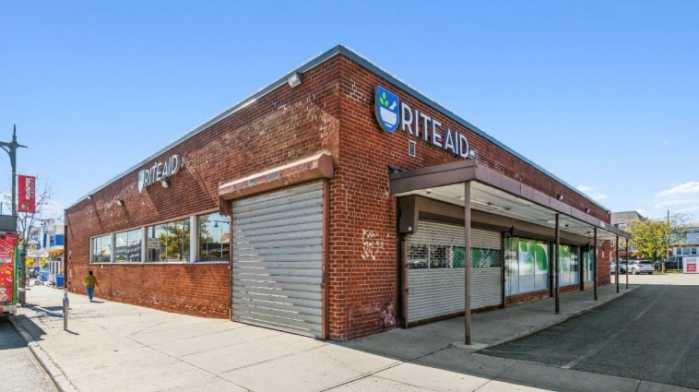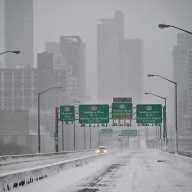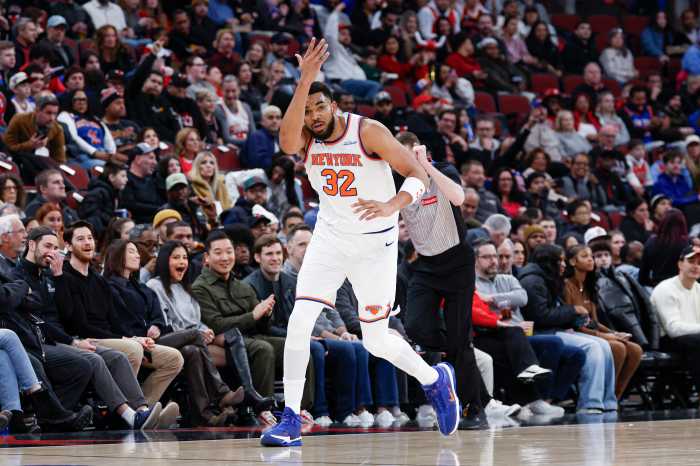With already one human West Nile virus case reported in New York City this season, the Health Department is kicking its battle to kill disease-carrying mosquitoes up a notch.
For the second time this summer, the Health Department will apply larvicide to several marshy areas of Queens this week in an effort to control the mosquito population. The operation will take place from Wednesday, July 18, through Friday, July 20, from 6 a.m. to 7 p.m., weather permitting. (In the event of inclement weather, the operation will take place on Thursday and Friday, July 19-20, and Monday, July 23, during the same hours).
Low-flying helicopters will drop “environmentally friendly larvicides” across the marshy areas, which are known to be prime breeding grounds for the Culex mosquitoes that generally carry the West Nile virus. The larvicide, VectoBac GS, contains bacteria that kills infant mosquitoes before they grow into adults.
The operation will focus on the same five non-residential areas of Queens that were treated with larvicide back in June:
- Areas of Alley Pond Park near Alley Creek bounded by Douglaston Parkway and 240th Street to the east; Northern Boulevard to the north; Cross Island Parkway and East Hampton Boulevard to the west; and Grand Central Parkway to the south.
- The abandoned Flushing Airport, bounded by Whitestone Expressway to the east; 20th Avenue to the north; 130th Avenue and Ulmer Street to the west; and Ulmer Street and 28th Street to the south.
- Dubos Point and Edgemere Park in the Rockaways, bounded by Norton Basin to the east; Mott Point to the north; Grass Hassock Channel to the west; and Beach 65th Street, De Costa Avenue and Almeda Avenue to the south.
- Areas of Brookville Park bounded by Huxley Street to the east; 149th Avenue (to 225th Street), 148th Avenue (to 230th Street) and 147th Avenue (to 235th Street) to the north; 150th Road to the west; and Rockaway Boulevard to the south.
- Marshy areas of Kissena Park bounded by 164th Street to the east; Oak Avenue and Rose Avenue to the north; Kissena Boulevard to the west; and Booth Memorial Avenue to the south.
During warm weather, mosquitoes can breed in any standing water for more than five days, and the mosquito population generally rises during the summer months. The Health Department urges homeowners to make sure their properties are clear of any standing water all summer long.
If you have a swimming pool, outdoor sauna or hot tub, be sure to keep it clean and chlorinated to prevent mosquito growth. If empty or not in use, keep it covered with a tarp, and remove any standing water that may collect atop it.
You can also keep mosquitoes out of your homes by repairing or replacing screens which have tears or holes. Also, keep roof gutters clear of debris in order for proper drainage.
When out and about this summer, the Health Department advises you to use an approved insect repellent containing DEET, picaridin, oil of lemon eucalyptus (don’t use for children under 3) or other products that contain the active ingredient IR3535.
Call 311 or visit nyc.gov/health/wnv for more information.
On-the-ground pesticide spraying has not yet been scheduled for Queens, but the Health Department announced on July 13 that it would conduct such an operation in the eastern Bronx this week.

